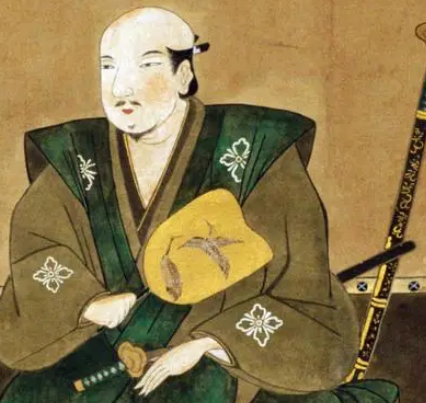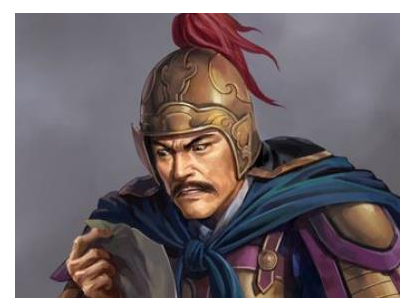Zhao Tuo is an important figure in Chinese history. He was a general at the end of the Qin Dynasty and later established his own kingdom in South Vietnam. Historical records about his life are inconsistent, especially about his lifespan, which has many different accounts. Among them, the most eye-catching is the account that he lived to be over 100 years old. So, is this claim credible?

Firstly, a brief introduction to Zhao Tuo's life. Zhao Tuo was a general of the Qin state during the Warring States period in China. At the end of the Qin Dynasty, he led his troops southward, conquered the Lingnan region, and established the Nanyue Kingdom there. During his reign, he implemented a series of reform measures, making the Nanyue Kingdom gradually powerful. However, the year of his death is not clearly recorded in history, so there are many different accounts about his lifespan.
Secondly, the controversy over Zhao Tuo's lifespan. There is a claim that Zhao Tuo lived to be over 100 years old. This claim mainly comes from ancient historical books such as "Records of the Grand Historian" and "History of the Han Dynasty". However, the records in these historical books are not completely consistent, so historians have not reached a consensus on whether Zhao Tuo really lived to be over 100 years old.
Thirdly, viewing Zhao Tuo's lifespan from a scientific perspective. From a scientific perspective, human lifespan is affected by many factors, including genetics, environment, and lifestyle. Although some people can live to be over 100 years old, this is not common. Therefore, we need more scientific evidence to support the claim that Zhao Tuo really lived to be over 100 years old.
In conclusion, there is currently no conclusive evidence to prove whether Zhao Tuo really lived to be over 100 years old. Although there are relevant records in ancient historical books, these records are not completely consistent, so we cannot determine their accuracy. In this case, we should approach this issue with a scientific attitude and not easily believe claims without evidence.
Disclaimer: The above content is sourced from the internet and the copyright belongs to the original author. If there is any infringement of your original copyright, please inform us and we will delete the relevant content as soon as possible.
































